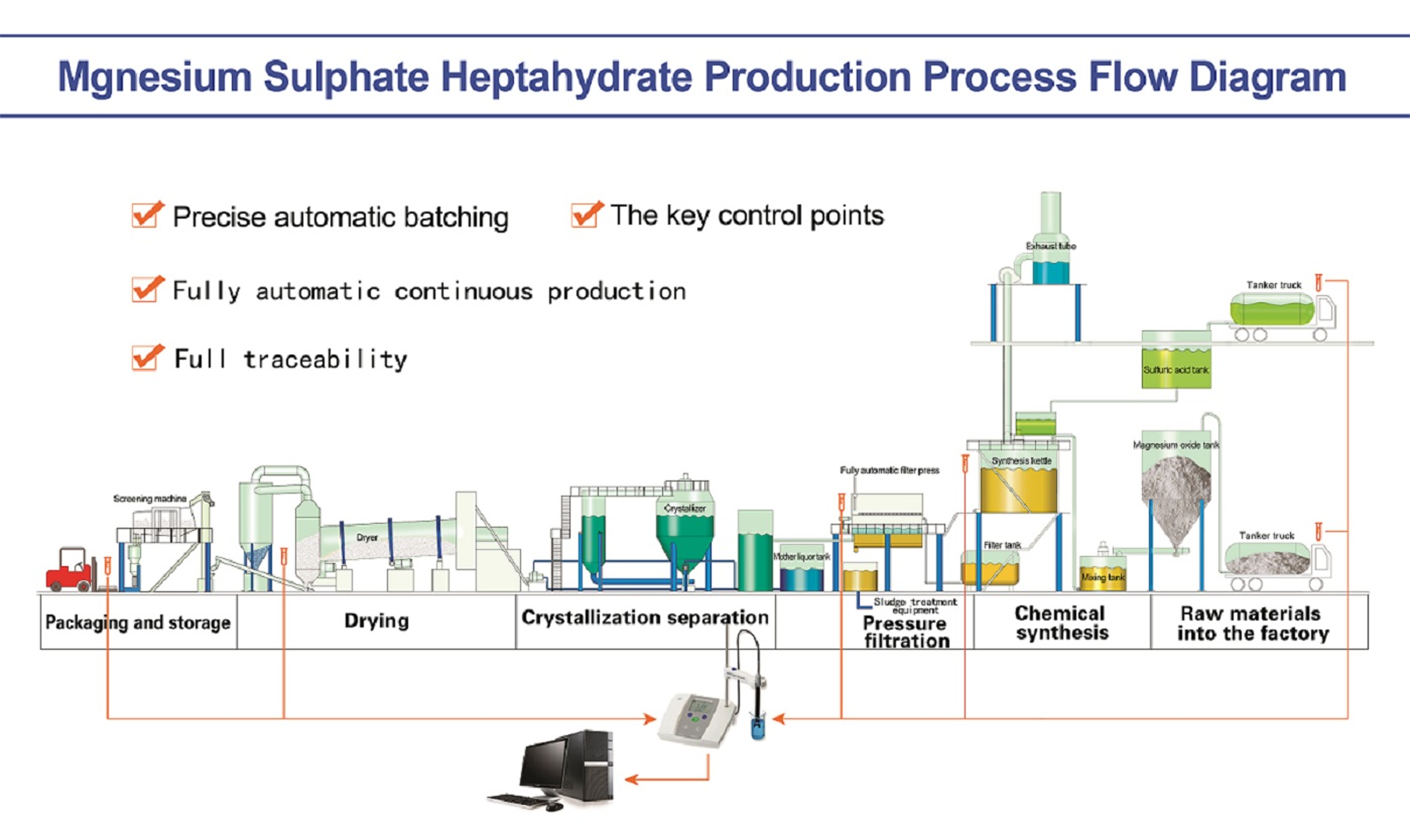Soy lecithin is a versatile ingredient derived from soybeans and is widely used in food, pharmaceuticals, and cosmetics. Here are some common uses and benefits:
### Food Industry
1. **Emulsifier**: Soy lecithin helps mix water and oil, stabilizing products like salad dressings, mayonnaise, and sauces.
2. **Texture Enhancer**: It improves the texture of baked goods, making them softer and moister.
3. **Shelf Life Extension**: It can help prolong the shelf life of products by reducing oxidation.
4. **Fat Replacer**: In low-fat or reduced-calorie foods, lecithin can replace some fats while maintaining a creamy texture.
5. **Anti-Sticking Agent**: It's often used in baking to prevent dough from sticking to pans and surfaces.
### Pharmaceutical Industry
1. **Drug Delivery**: Soy lecithin is used in drug formulations to improve the absorption of certain medications.
2. **Nutraceuticals**: It's included in dietary supplements for its potential health benefits, including heart health and cognitive function.
### Cosmetics and Personal Care
1. **Emulsifier**: In lotions and creams, soy lecithin helps blend oils and water, enhancing product stability.
2. **Moisturizer**: It acts as a natural moisturizer, improving skin hydration.
### Nutritional Benefits
- **Source of Choline**: Soy lecithin is a good source of choline, an essential nutrient for brain health and liver function.
- **Healthy Fats**: It contains phospholipids, which can support cellular health.
### Considerations
While soy lecithin is generally regarded as safe, individuals with soy allergies should avoid it. Additionally, it is often derived from genetically modified soybeans, so those seeking non-GMO products should look for labeled alternatives.
Overall, soy lecithin is a multifunctional ingredient with applications across various industries, contributing to food quality, stability, and nutritional value.






 Guarantee safe
Guarantee safe 






